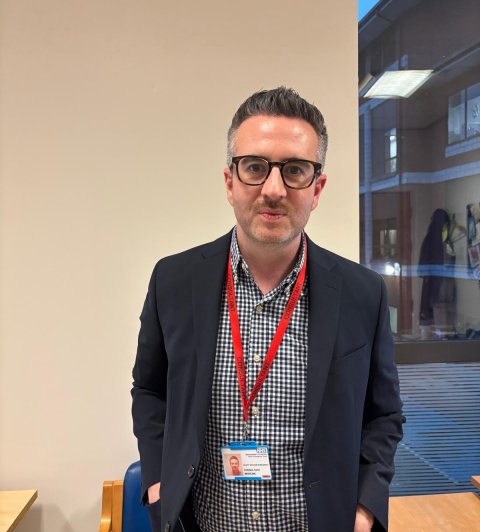Region Overview
The North West region covers the area including:
- Lancashire and South Cumbria
- Greater Manchester
- Cheshire and Merseyside
Meet North West BGS members
- BGS members can join our members directory allowing them to connect with other healthcare professionals in their region.
- The forum is free to access for all health professionals with a BGS web account. You can access it via the BGS app. Use the forum to discuss older people's healthcare by theme (e.g. dementia) or topic (e.g. workforce). The forum also allows you to ask questions, or help provide answers to other professionals. It is a forum where health professionals can ask seek help, offer support to others or share their successes. Find out more on the forum information page.
Get involved
There are multiple ways to get involved with your BGS region.
- Submit content for your regional e-bulletin. The BGS sends a tailored quarterly e-bulletin to each of its six England regions. As the region areas are so vast, you can provide valuable support by sharing updates on what’s happening in your own hospital or Trust. Please email your Co-Chairs with updates.
- Help to plan our online events and webinars. By joining the planning committee, you will have the opportunity to help create programme content, source speakers and support on the day. This will help to enable colleagues to improve the delivery of high-quality healthcare to older people. Please email your region Co-Chairs to express your interest.
